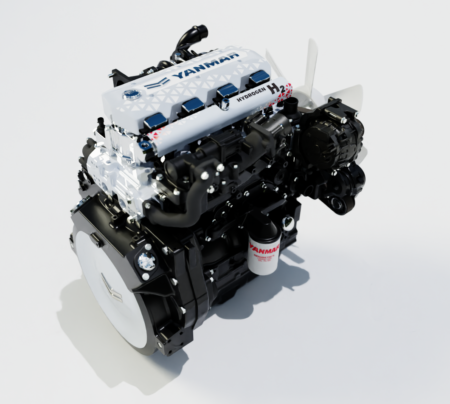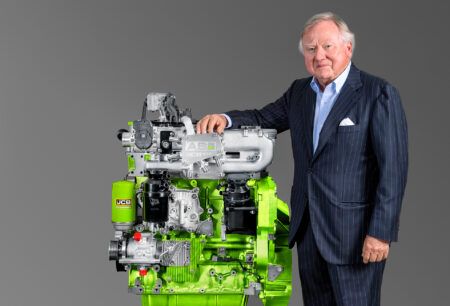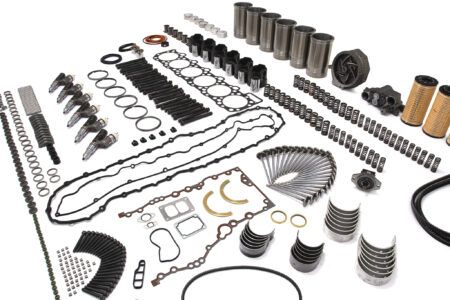European mobile machines will become the cleanest in the world, according to a new regulation adopted by the European Parliament on July 5.
The new regulation tightens emission limits for particulate matter (PM) and nitrogen oxides (NOx) for industrial vehicles such as farm, construction and material handling machinery as well as machines used for municipal and road operation services.
The regulation is the latest step in a series of ever tighter emission limits that had already reduced particulate matter and nitrogen oxide emissions for land-based machines by over 95% in recent years. The new, so-called ‘Stage V’ regulation is set to reduce emissions even further by setting stricter limits, by introducing particulate number limits, and by extending the scope of the regulation to additional power categories.
European manufacturers represented by their respective trade associations CECE (construction equipment), CEMA (agricultural machinery), EGMF (garden equipment), EUnited Municipal Equipment (municipal & road operation equipment) and FEM (materials handling equipment) welcomed the final outcome.
Ulrich Adam, CEMA secretary general, said, “The final compromise found between the EU institutions strikes a good balance between improving air quality and maintaining the competitiveness of the European machine manufacturing industry.”
This balance was achieved thanks to a number of adjustments introduced during the legislative process, while keeping the original emission limits and introduction dates for land-based machinery as proposed by the European Commission. Adjustments include, for instance, an extension of the general transition scheme by six months (24 months in total) to give European machine manufacturers sufficient time to redesign their fleet to comply with the new requirements. Furthermore, introducing a provision on replacement engines with a time limit of 20 years will allow for a continued use of machinery using replacement engines, thereby contributing to the EU’s objectives on resource efficiency.
“Overall, the new regulation sets an ambitious timeline. It will remain a challenge to redesign the hundreds of machinery types and applications in the timeframe given, but the machine manufacturing industries are committed and capable to make these necessary adjustments and contribute to improving air quality in Europe,” underlined Sigrid de Vries, CECE secretary general.
Importantly, the special needs of small and medium-sized enterprises (SMEs) as well as the high level of specialization throughout the sector, have been reflected in the final compromise. For certain types of machines and enterprises, such as mobile cranes and narrow tractors, further transitional provisions were foreseen to cater for their specific needs.
Olivier Janin, FEM secretary General, said, “We are extremely satisfied to see that the special needs of mobile cranes were taken into account. The extra time granted will enable manufacturers to redesign their 170 different models without hampering their competitiveness and with a marginal environmental impact.”
Frank Diedrich, director of EUnited Municipal Equipment, said, “Since meeting Stage V requirements means a significant effort for the European industry, we call on European political support for the promotion of clean mobile ‘Made in Europe’ machinery on the global market.”
Further to the parliament’s final vote in the plenary sitting, the European Council’s adoption is expected to take place in the coming weeks. Publication of the Stage V regulation will follow shortly. In parallel to the adoption of the framework regulation, supplementary legislation in the form of delegated and implementing acts is being finalized as well. This supplementary legislation includes technical requirements and administrative provisions and is expected to be adopted before the end of the year.
For more information, read our Fifth Amendment feature here.
July 8, 2016




